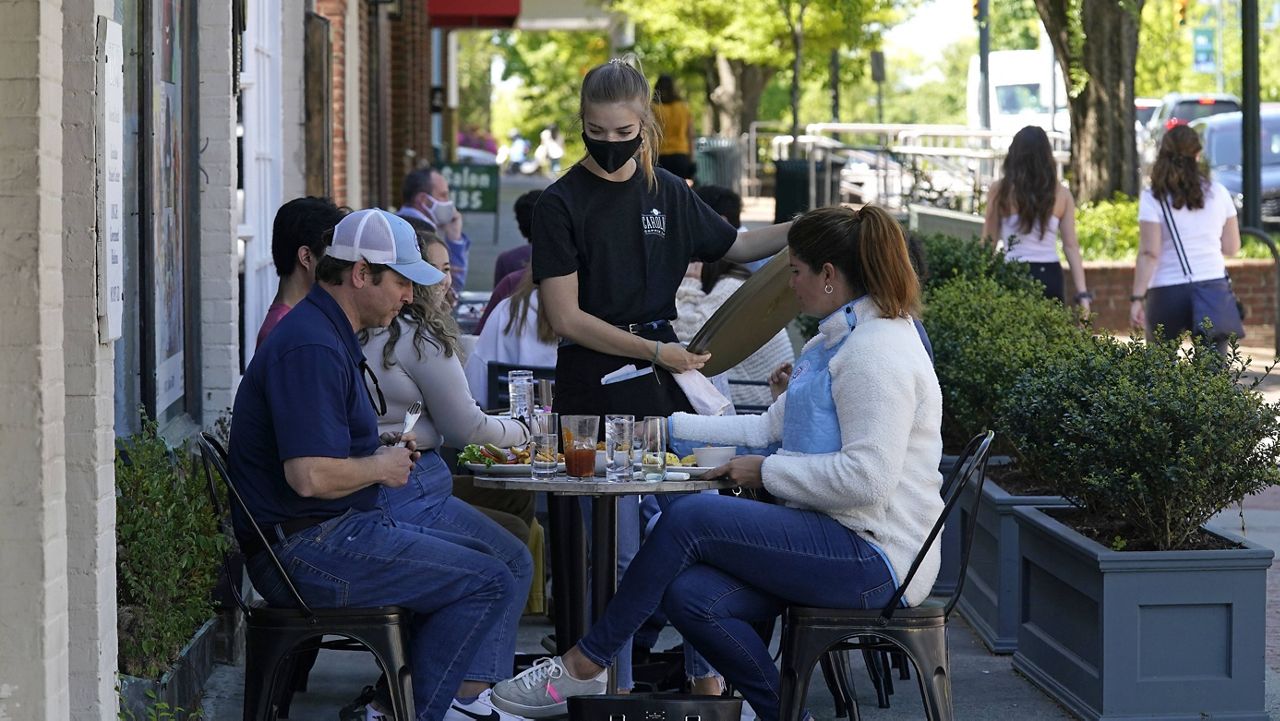WASHINGTON (AP) — American consumers absorbed another surge in prices in May — a 0.6% increase over April and 5% over the past year, the biggest 12-month inflation spike since 2008.
What You Need To Know
- Consumer prices in May were up 0.6% over April and 5% over the past year, , the biggest 12-month inflation spike since 2008
- The rise in consumer prices reflected a range of goods and services now in growing demand as people increasingly shop, travel, dine out and attend entertainment events
- The increased consumer appetite is bumping up against a shortage of components, from lumber and steel to chemicals and semiconductors, that supply such key products as autos and computer equipment
- The inflation pressures, which have been building for months, are not only squeezing consumers but also posing a risk to the economy’s recovery from the pandemic recession
The May rise in consumer prices that the Labor Department reported Thursday reflected a range of goods and services now in growing demand as people increasingly shop, travel, dine out and attend entertainment events in a rapidly reopening economy.
The increased consumer appetite is bumping up against a shortage of components, from lumber and steel to chemicals and semiconductors, that supply such key products as autos and computer equipment, all of which has forced up prices. And as consumers increasingly venture away from home, demand has spread from manufactured goods to services — airline fares, for example, along with restaurant meals and hotel prices — raising inflation in those areas, too.
In its report Thursday, the government said that core inflation, which excludes volatile energy and food costs, rose 0.7% in May after an even bigger jump in April, and is up 3.8% over the past 12 months.
From the cereal maker General Mills to Chipotle Mexican Grill to the paint maker Sherwin-Williams, a range of companies have been raising prices or plan to do so, in some cases to make up for higher wages that they're now paying to keep or attract workers.
The inflation pressures, which have been building for months, are not only squeezing consumers but also posing a risk to the economy’s recovery from the pandemic recession. One risk is that the Federal Reserve will eventually respond to intensifying inflation by raising interest rates too aggressively and derail the economic recovery.



